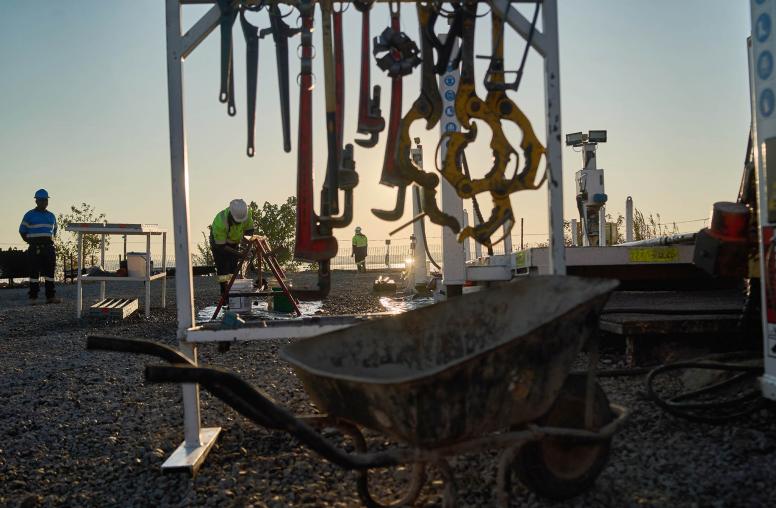A Conversation with Republic of Zambia President Hakainde Hichilema
Democracy Strengthening in Zambia and Across Africa
Read the Event CoverageAfter serving as a long-time opposition leader, newly-elected Zambian President Hakainde Hichilema’s recent electoral victory — as well as his winning coalition of opposition parties, civil society organizations and broad public support — stand in sharp contrast to the growing threats to democracy seen in other parts of Africa and globally. But as he assumes governing responsibilities, President Hichilema will need to immediately address several urgent economic, regional and COVID-related challenges while also making headway on his long-term plans to fight corruption, strengthen democratic values and ensure protections for human rights and civil liberties. How President Hichilema balances these priorities will have a major effect on future peace and stability in both Zambia and the region.
On September 23 USIP held a conversation with President Hichilema and a panel of experts that explored Hichilema’s governing priorities, as well as his approach toward key continent-wide issues such as Africa’s engagement with China, implementation of the African Union Agenda 2063, youth and gender issues, and lessons learned to strengthen democracy across Africa. Continue the conversation on Twitter with #HichilemaUSIP.
Speakers
Lise Grande, welcoming remarks
President and CEO, U.S. Institute of Peace
Ambassador George E. Moose, moderator
Vice Chair of the Board, U.S. Institute of Peace
His Excellency Hakainde Hichilema
President of the Republic of Zambia
Dana Banks
Special Assistant to the President of the United States; Senior Director for Africa, National Security Council
Ambassador Johnnie Carson
Senior Advisor, U.S. Institute of Peace



